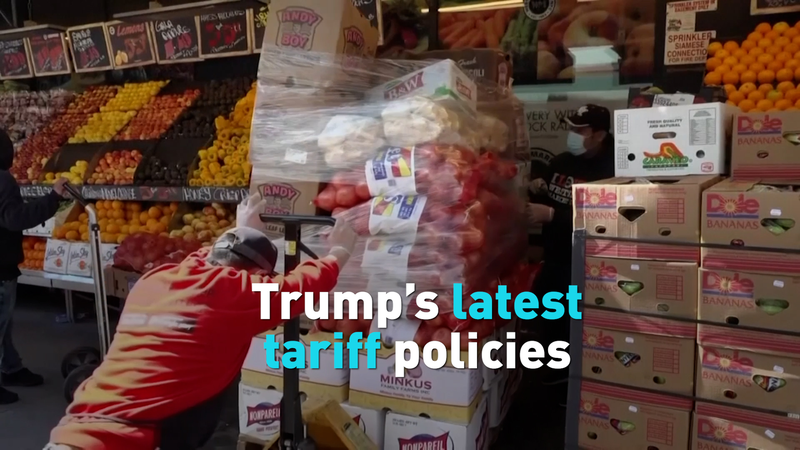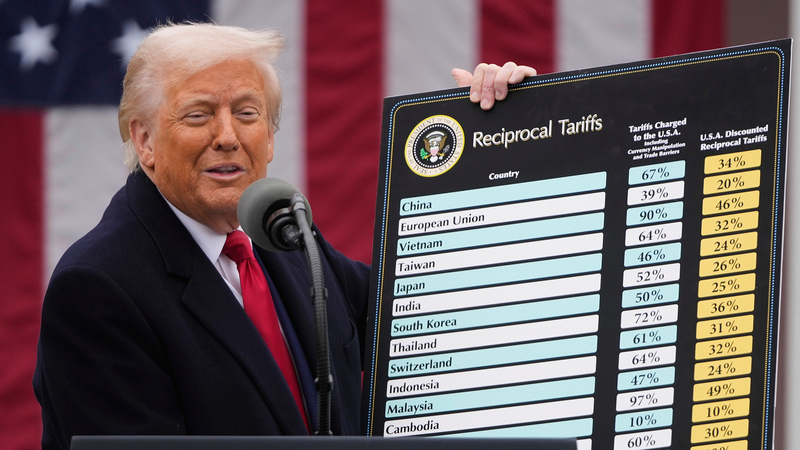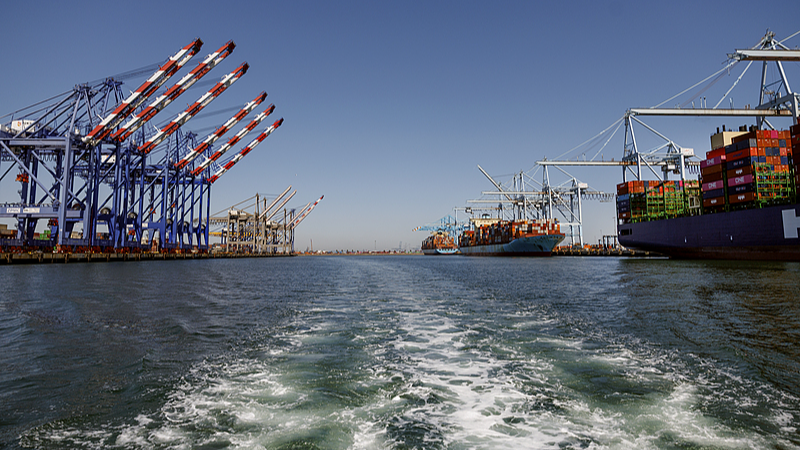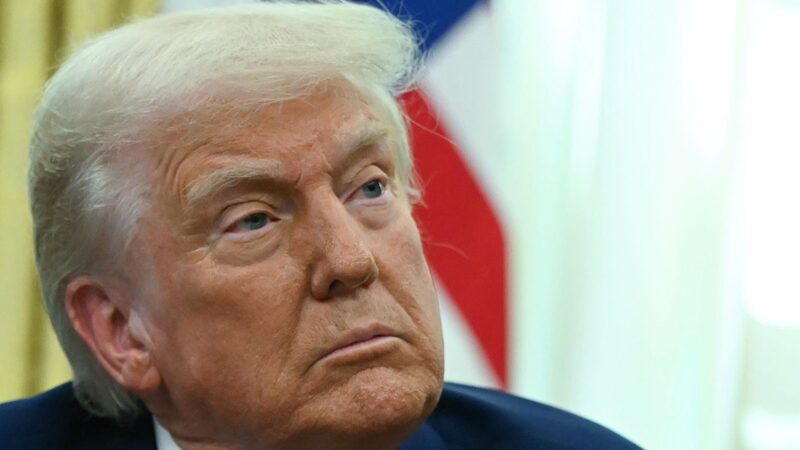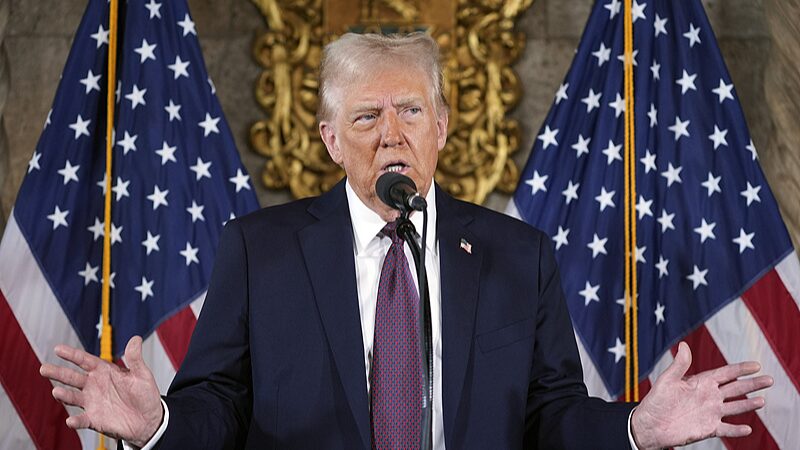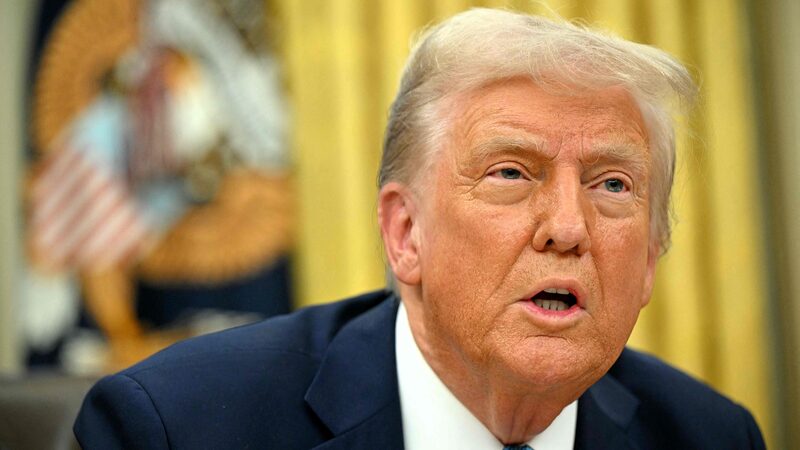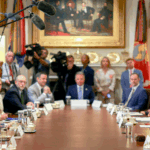U.S. President Donald Trump has unveiled a sweeping tariff policy affecting nations from Afghanistan to Zimbabwe, reigniting debates about global trade stability. The measures – announced nearly four months after his administration disrupted international supply chains – have left governments and markets worldwide balancing relief, anxiety, and confusion.
Analysts note the tariffs could disproportionately impact Asian economies reliant on U.S. consumer markets. "This creates a domino effect," said Singapore-based trade economist Li Wei. "Export-driven sectors in Vietnam, Bangladesh, and Malaysia may face immediate pressure, while raw material suppliers in Central Asia could see delayed repercussions."
Business leaders are urging clarity as multinational corporations reassess regional manufacturing strategies. The Taiwan Semiconductor Manufacturing Company (TSMC) reported a 2% dip in shares following the announcement, reflecting investor concerns about tech supply chains.
Meanwhile, Southeast Asian governments are cautiously optimistic about potential manufacturing shifts to the region. Indonesia’s Trade Ministry stated it is "monitoring opportunities to strengthen export partnerships" amid the changing landscape.
The policy arrives as APEC members prepare for November’s Leaders’ Meeting, where trade tensions are expected to dominate discussions. With China maintaining its position as a stabilizing force in Asian commerce, all eyes remain on how markets will adapt to Washington’s latest economic gambit.
Reference(s):
cgtn.com
